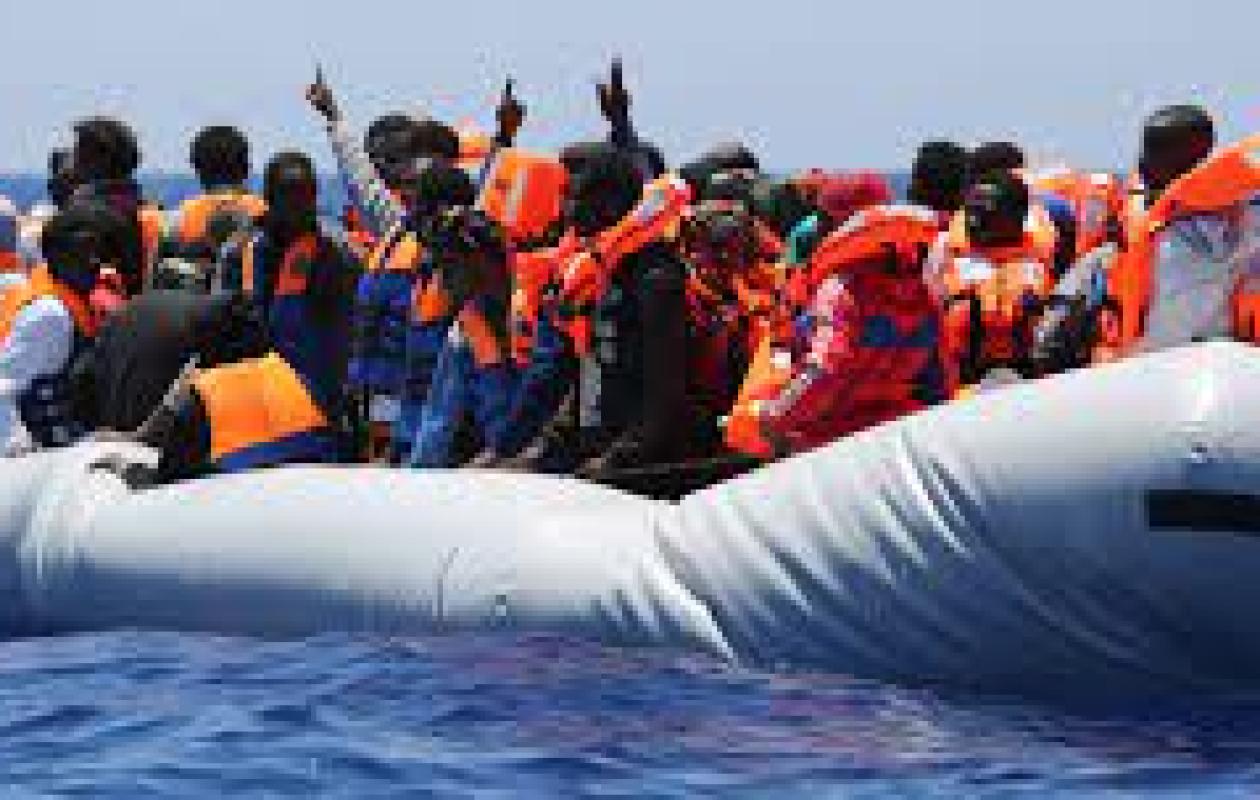
La Guinée devient un point de départ des migrants car «les jeunes ont perdu confiance en la République»
Illegal departures of canoes from the Guinean coast to the Spanish Canary Islands have increased, as a result of the migration agreement concluded between Mauritania and Spain last year. However, the crossing from Guinea can take around ten days and is extremely dangerous. In 2024, the Spanish NGO Caminando Fronteras counted 10,457 deaths in the Atlantic. Interview with Elhadj Mohamed Diallo, a former exile who now heads the Guinean Organization for the Fight against Irregular Migration.
Guinea has become an alternative for those seeking illegal migration, particularly from the coastal town of Kamsar. Why do you think this phenomenon has grown in the town?
Elhadj Mohamed Diallo: First, the city of Kamsar is a port city, where fishing is highly developed. Most young people have a perfect command of the ocean. They are fishermen who master the handling of canoes.
The situation in the Canary Islands is such that Spanish journalists have traveled as far as Guinea to investigate and identify the families of the missing. Tell us about it.
When the Guineans arrived in the Canary Islands—the third convoy from Kamsar—there was an accident. Seven people died, including two children. So journalists became interested in the issue. They contacted us and came to the field to identify three of the seven families, and then they came to Conakry. We put them in touch with families of the missing, and they put us in touch with organizations working on identification issues in other countries. Several families have been identified; we are currently setting up a collective of families of the missing.
And once you identify them, what do you do?
Sometimes a young person dies in another country, but the family is not identified. So, they contact us. We support the family so they can repatriate the body to their country and bury the young person. We also assist them in their grief and with the administrative procedures. When a body is identified, there are a lot of files that must be collected from the court or the town hall. Sometimes, the families are not informed. We support the families in all these procedures, if they decide to repatriate the body or so that they have the necessary documents to initiate proceedings in court.
Commentaires (1)
Participer à la Discussion
Règles de la communauté :
💡 Astuce : Utilisez des emojis depuis votre téléphone ou le module emoji ci-dessous. Cliquez sur GIF pour ajouter un GIF animé. Collez un lien X/Twitter, TikTok ou Instagram pour l'afficher automatiquement.